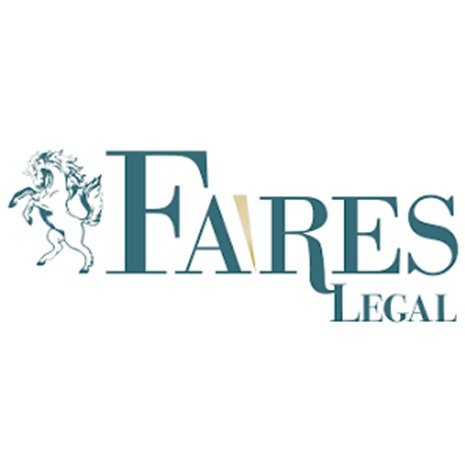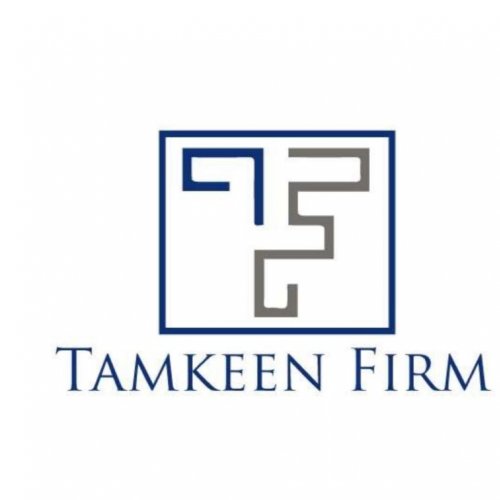Best Business Lawyers in Libya
Share your needs with us, get contacted by law firms.
Free. Takes 2 min.
Or refine your search by selecting a city:
List of the best lawyers in Libya
About Business Law in Libya
Libya, located in North Africa, is rich in natural resources and has significant potential for business ventures, particularly in oil, gas, and construction sectors. The business environment in Libya is evolving, with regulations aimed at encouraging foreign investment and local entrepreneurship. The legal framework for conducting business in Libya is influenced by Islamic law, customary law, and modern legal practices. The business law landscape includes various regulations governing company formation, taxation, employment, intellectual property, and commerce. Navigating these regulations can be complex, making it essential for business owners to understand the legal environment.
Why You May Need a Lawyer
Engaging a lawyer for business-related activities in Libya may be crucial for several reasons:
- Company Formation: Assistance with setting up a business entity, understanding corporate structures, and ensuring compliance with local registration requirements.
- Contractual Agreements: Drafting, reviewing, and negotiating contracts related to partnerships, suppliers, customers, and employees.
- Regulatory Compliance: Navigating the compliance landscape for operating within industry-specific regulations and national business laws.
- Dispute Resolution: Legal representation in disputes, including arbitration and litigation related to commercial and employment matters.
- Intellectual Property: Protecting intellectual property rights such as trademarks, patents, and copyrights.
Local Laws Overview
Understanding local laws is crucial for doing business in Libya. Key aspects of Libyan business law include:
- Company Law: Governs the formation, structure, and dissolution of business entities, including limited liability companies and joint-stock companies.
- Investment Law: Aims to encourage foreign investment by offering incentives and guarantees to foreign companies.
- Contract Law: Influenced by Islamic law, focusing on the freedom to contract within the bounds of public policy and morality.
- Taxation: Includes regulations on corporate taxes, VAT, and other duties applicable to businesses.
- Labor Law: Protects workers’ rights and outlines employer obligations, including employment contracts, wages, and working conditions.
Frequently Asked Questions
What is the process for starting a business in Libya?
Starting a business in Libya involves registering with the Libyan Ministry of Economy and Trade, obtaining necessary licenses, and adhering to corporate structure regulations, such as forming a limited liability company or joint-stock company.
Can foreigners own businesses in Libya?
Yes, foreigners can own businesses in Libya; however, certain sectors may have restrictions, and it might be necessary to form a partnership with local entities as per Libyan investment laws.
What taxes are applicable to businesses in Libya?
Libyan businesses are subject to corporate income taxes, VAT, customs duties, and social security contributions. Compliance with tax regulations is essential for legal operations.
How are disputes typically resolved in Libyan business law?
Disputes can be resolved through arbitration or litigation in Libyan courts. Arbitration is often preferred for its confidentiality and efficiency.
What are the employment laws in Libya like?
Employment laws in Libya protect worker rights, including stipulations on employment contracts, wages, working hours, and termination conditions. Employers must meet legal standards in these areas.
Is it necessary to have a local partner to operate a business?
In some sectors, foreign investors may be required to partner with local entities. However, this requirement is sector-specific and subject to change under Libyan investment laws.
Are intellectual property rights protected in Libya?
Yes, intellectual property rights are protected under Libyan law. Businesses can register trademarks, patents, and copyrights to safeguard their inventions and brands.
Is English widely used in business documentation?
While Arabic is the official language, many business documents can be prepared in English, especially for international transactions. However, Arabic versions might be legally required for local submissions.
What incentives are available for foreign investors?
Libya offers various incentives to foreign investors, including tax holidays, duty exemptions, and the possibility of repatriating profits. These incentives aim to attract and retain international business ventures.
How can one ensure compliance with Libyan laws and regulations?
Compliance can be ensured by engaging local legal experts, staying informed about law changes, obtaining necessary licenses, and adhering to all regulatory requirements for business operations.
Additional Resources
For further assistance, consider consulting the following resources:
- Libyan Ministry of Economy and Trade: Offers guidance on business registration and investment opportunities.
- Libyan General Authority for Investment Promotion: Provides information on investment incentives and support for foreign investors.
- Libyan Chamber of Commerce: A resource for networking and understanding the local business climate.
- International Bar Association: Offers resources and networking opportunities with legal professionals experienced in Libyan business law.
Next Steps
If you need legal assistance for your business in Libya, consider the following steps:
- Identify Your Needs: Clearly define the legal aspects for which you require assistance, such as company formation, contract negotiation, or compliance issues.
- Consult a Legal Professional: Engage a lawyer or legal firm with expertise in Libyan business law to provide tailored advice and representation.
- Gather Documentation: Prepare necessary documentation related to your business operations to facilitate discussions with legal advisors.
- Stay Informed: Follow updates to laws and regulations affecting your business to ensure ongoing compliance and adaptability.
Lawzana helps you find the best lawyers and law firms in Libya through a curated and pre-screened list of qualified legal professionals. Our platform offers rankings and detailed profiles of attorneys and law firms, allowing you to compare based on practice areas, including Business, experience, and client feedback.
Each profile includes a description of the firm's areas of practice, client reviews, team members and partners, year of establishment, spoken languages, office locations, contact information, social media presence, and any published articles or resources. Most firms on our platform speak English and are experienced in both local and international legal matters.
Get a quote from top-rated law firms in Libya — quickly, securely, and without unnecessary hassle.
Disclaimer:
The information provided on this page is for general informational purposes only and does not constitute legal advice. While we strive to ensure the accuracy and relevance of the content, legal information may change over time, and interpretations of the law can vary. You should always consult with a qualified legal professional for advice specific to your situation.
We disclaim all liability for actions taken or not taken based on the content of this page. If you believe any information is incorrect or outdated, please contact us, and we will review and update it where appropriate.
Browse business law firms by service in Libya
Libya Attorneys in related practice areas.
Browse business law firms by city in Libya
Refine your search by selecting a city.












